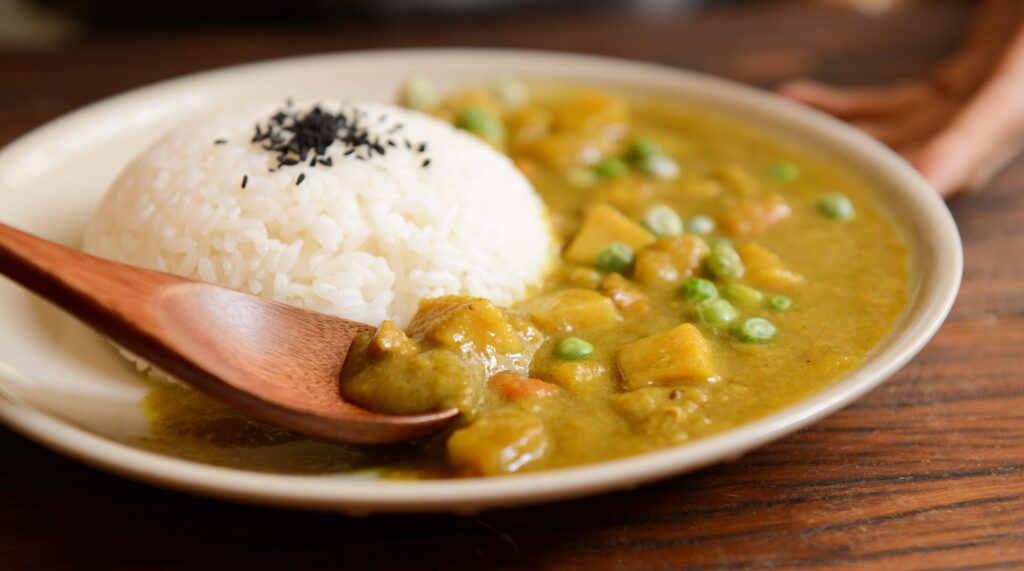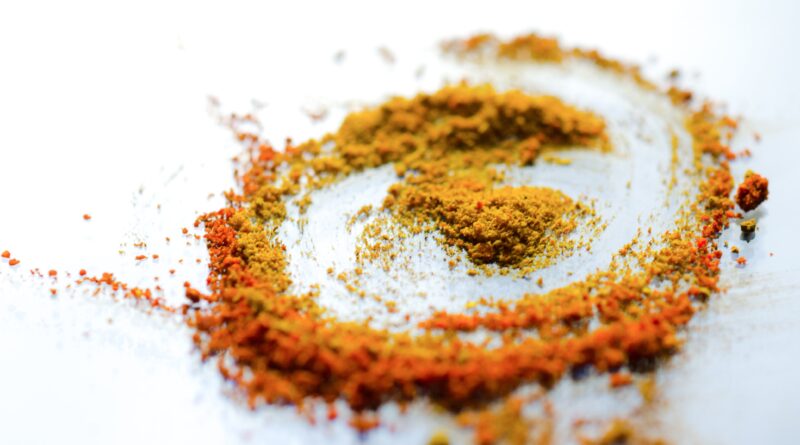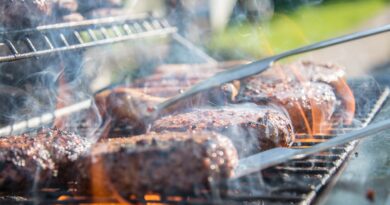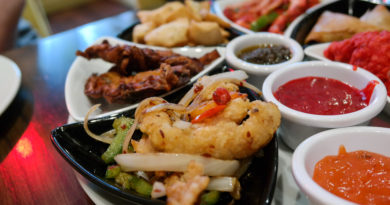Indian Cooking Tips to Help You Create Delicious Dishes
<This is a contributed post> If you like your food to be spicy, fragrant and delicious, then Indian cuisine is almost certainly going to be right up your street, but if you haven’t cooked it before, you may have a bit of difficulty getting it right and ensuring that your meals taste authentic. The good news is we’ve put together a list of Indian cooking tips that will help you to master the popular cuisine.
1. Ensure you cook your onions right
A rookie mistake when it comes to rustling up Indian snacks and meals is cooking your onions for the wrong amount of time. This can lead to a dish tasting bitter, unbalanced, or inauthentic. As a rule of thumb, you should be cooking your onions on a low heat for at least 30 minutes, and ideally, 40, topping up with a little splash of water as and when needed. However, if it’s a veggie curry you’re making, 15-20 minutes should suffice.
Top tip: cooking your onions in ghee rather than oil will add an authentic Indian touch.
2. Use fresh spices
Most of us have a spice rack or cupboard that’s packed with all manner of exotic flavours, but a lot of the time, we don’t use them and they’re left languaging for longer than we like to admit. This is not good news for your Indian cooking because, if you use spices that are past their best, you won’t get the full body of flavour and your food will fall flat. That’s why it’s so important that you use spices that are still in date. If you want to go one better and produce even fresher flavours, buy spices in their whole raw form and grind them with a pestle hand mortar for flavours that will blow you away.

3. Cook seeds and whole spices first
Something that a lot of people get wrong when cooking Indian cuisine is not cooking out seeds and spices at the start. If you want to release the maximum amount of flavour from spices and seeds, ideally, you should add them to a cold pan of cold oil or ghee and then turn on the heat, cooking them at a fairly high temperature until their aromas are released, then you can turn down the heat and add your other ingredients.
4. Leave powdered spices ‘til later
If you’re dealing with powdered spices, however, you’re going to want to wait until you’re halfway through your cooking time before you add them to the pan. Why? Because they’ll release their flavours far faster than whole versions and you don’t want them to peak too early.
5. Keep water to a minimum
When cooking curries and sauces, you often need to add a little water to get the right consistency and stop things from burning, but it really should just be a little water. If you add too much, you will dilute the flavours of the dish and end up with a bland meal, which is exactly what you don’t want when cooking Indian.
Here’s to better Indian cooking for everyone!
cover image courtesy of Pexels – CCO Licence




